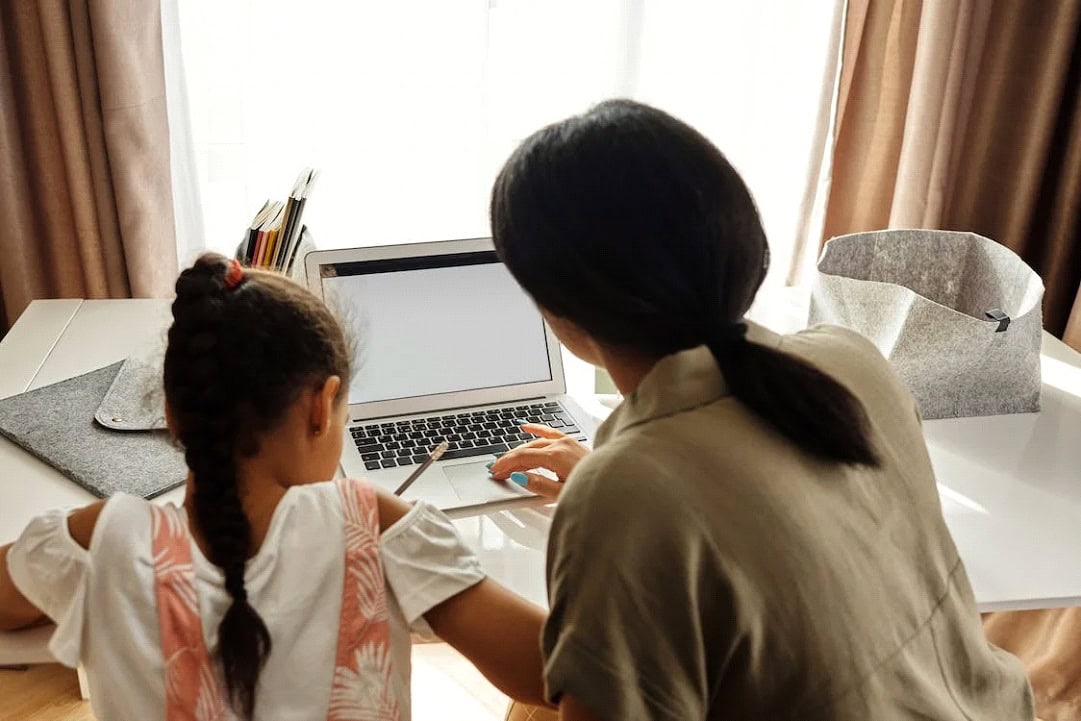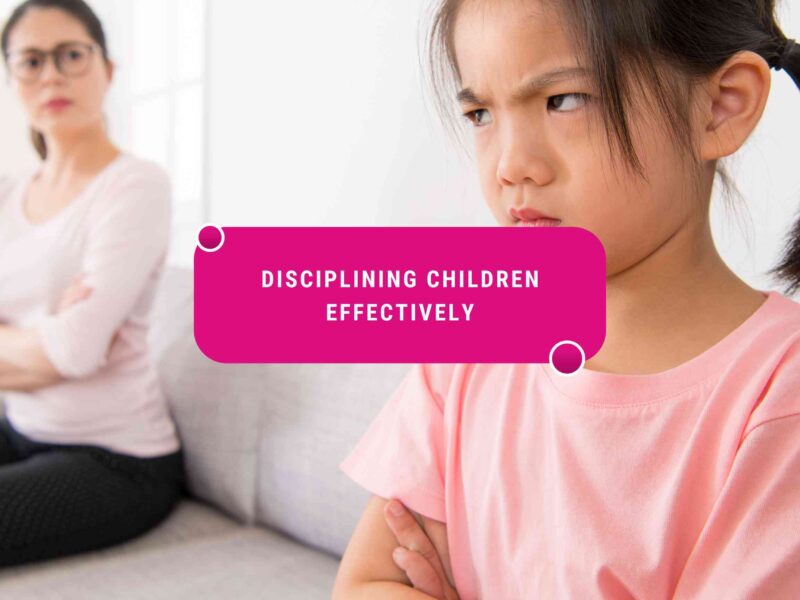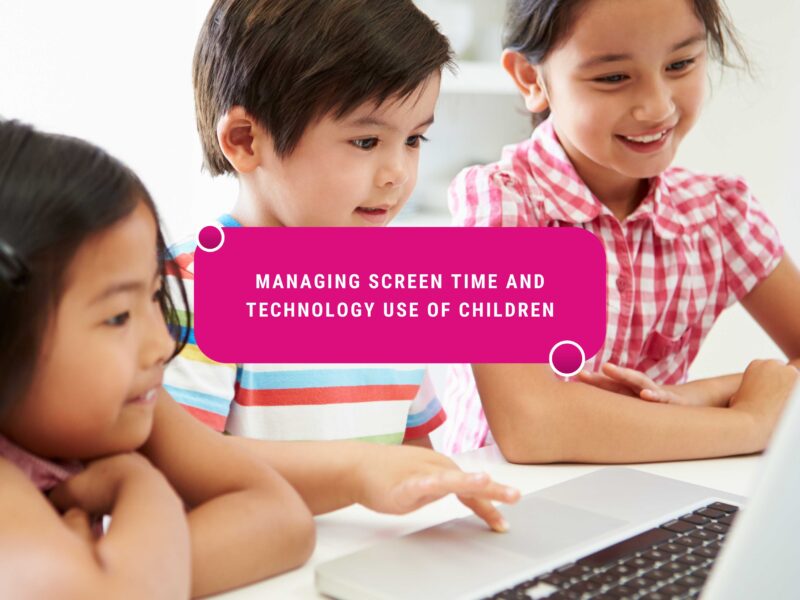Navigating your child’s academic journey entails more than simply supplying pencils and paper. As a parent, you play an important part in influencing your child’s approach to assignments and instilling vital lifelong learning skills. This article is a tailored guide that goes beyond generic guidelines to provide practical assistance for parents who want to help their children with assignments while also maintaining a positive and successful learning environment.

- Understanding Individual Learning Styles
Every kid learns differently, and understanding your child’s individual learning style is essential for giving appropriate support. Whether they are visual, aural, or kinesthetic learners, personalizing your help to their preferred manner improves comprehension and engagement. - Establishing a Consistent Routine
Consistency is the foundation for effective learning. Setting a pattern for homework and assignments gives your child a sense of regularity, allowing them to manage their time more effectively. Set aside specific homework hours and limit distractions to improve focus. - Creating a Productive Study Environment
A pleasant study environment is critical for focus and productivity. Work with your child to create an environment that is well-lit, organized, and distraction-free. Personalize it with objects that motivate students and foster a healthy learning environment. - Encouraging Effective Time Management
Time management is a talent that goes beyond academics. Teach your youngster how to divide down assignments into manageable tasks, set realistic deadlines, and prioritize tasks according to importance. These abilities help to develop a sense of responsibility and self-discipline. - Fostering a Growth Mindset
Create a growth mentality in your child by emphasizing the value of effort and perseverance. Encourage them to see setbacks as opportunities for growth rather than insurmountable barriers. This mindset promotes resilience and a positive approach to learning. - Active Listening and Open Communication
Actively listen to your child’s ideas and concerns about tasks. Create an open line of communication in which they can express issues and seek explanation. This encourages a collaborative approach to problem solving and improves the overall learning experience. - Providing Guidance Without Taking Over
Finding a balance between instruction and independence is critical. While offering assistance, avoid taking over the assignment. Allow your child to face obstacles and solve problems on their own, instilling a sense of independence and self-reliance. - Utilizing Educational Resources
Utilize the numerous educational materials accessible. These resources, which range from online courses to instructional apps, can help to supplement and reinforce concepts. Use technology purposefully to improve your child’s comprehension of numerous disciplines. - Celebrating Achievements, Big and Small
Recognize and praise your child’s accomplishments, regardless of size. Recognition encourages their hard work and perseverance, providing a sense of accomplishment. This positive reinforcement establishes a motivating cycle, pushing people to continually provide their best effort. - Promoting a Healthy Work-Life Balance
Strive for a balanced approach to your child’s life, taking into account both academic and non-academic components. Encourage extracurricular activities, hobbies, and relaxation to develop a well-rounded personality. A good balance promotes overall well-being and long-term academic success.
To summarize, being a successful guide for your child’s assignments entails recognizing their specific needs, creating a happy learning atmosphere, and imparting critical skills for academic and personal development. By actively participating in their educational path, you can help them not only achieve academic achievement now, but also develop into lifelong learners in the future.



